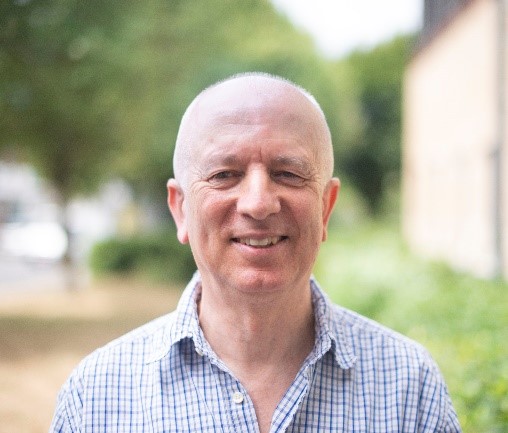
【报告】Supramolecular Chemistry for the Real World – Molecular Devices with Medical Applications
时间: 2023年6月12日 上午 09:00
地点: 仲英楼金沙9001cc 以诚为本第一会议室 (A 247)
邀请讲座人:Anthony P Davis教授
简介:Anthony P Davis教授是国际著名的超分子化学家,尤其在水溶性有机超分子的设计合成以及对糖的特异性识别这个重要领域做出了开创性的研究工作。他成功开发出一种在水相中能够高选择性识别葡萄糖的仿生受体(biomimetic receptor),将对现有的糖尿病(diabetes)治疗手段产生革命性的影响(Nat. Chem., 2019, 11, 52)。基于这个技术,Davis教授创立的生物技术公司Ziylo以US$800 million (八亿美元) 转让给全球最大的糖尿病专用药制造商诺和诺德(Novo Nordisk)公司, 并于2018年创立了他第二个生物技术公司Carbometrics并担任执行主任,其目标是进一步采用超分子化学的手段去研发葡萄糖感应胰岛素。
荣誉与奖励:Tilden Medal of the Royal Society of Chemistry (英国皇家化学学会的蒂尔顿奖章, 2002); RSC Award for Physical Organic Chemistry (英国皇家化学学会物理有机化学奖, 2015); RSC Robert Robinson Award (英国皇家化学学会罗伯特·罗宾逊奖, 2020)
代表性论文:(1) Nature 2019, 567, 315; (2) Nature, 2010, 464, 169; (3) Science 2007, 318, 619; (4) Nature 1999, 401, 120; (5) Nature Chem., 2019, 11, 52;(6) Nature Chem., 2016, 8, 69; (7) Nature Chem., 2016, 8, 24; (8) Nature Chem., 2014, 6, 569; (9) Nature Chem., 2012, 4, 718; (10) Nature Nanotechnology 2007, 2, 135
摘要:Supramolecular Chemistry may be defined as “the design and synthesis of functional molecules”. As the subject matures, it becomes increasingly important that these functions should be genuinely useful. Opportunities exist in medicine, but the precision required and the complexity of biological media raise major challenges. This lecture will discuss two areas where discoveries with real potential have been made. The first is the design of synthetic receptors for carbohydrates, especially glucose, an important target in the context of diabetes. Research in this field has led to a system with remarkable properties, potentially enabling developments such as glucose-responsive insulin. The second is the transport of anions across cell membranes by synthetic carriers, where high activities have been demonstrated and medical applications are under active investigation. Results in both areas suggest that the rational design of functional molecules can open new avenues in medicinal chemistry, complementing the standard paradigm of lock-and-key binding to macromolecular targets.
Representative publications:
(1) Nature 2019, 567, 315; (2) Nature, 2010, 464, 169; (3) Science 2007, 318, 619; (4) Nature 1999, 401, 120; (5) Nature Chem., 2019, 11, 52; (6) Nature Chem., 2016, 8, 69; (7) Nature Chem., 2016, 8, 24; (8) Nature Chem., 2014, 6, 569; (9) Nature Chem., 2012, 4, 718; (10) Nature Nanotechnology 2007, 2, 135.
讲座可盖章!